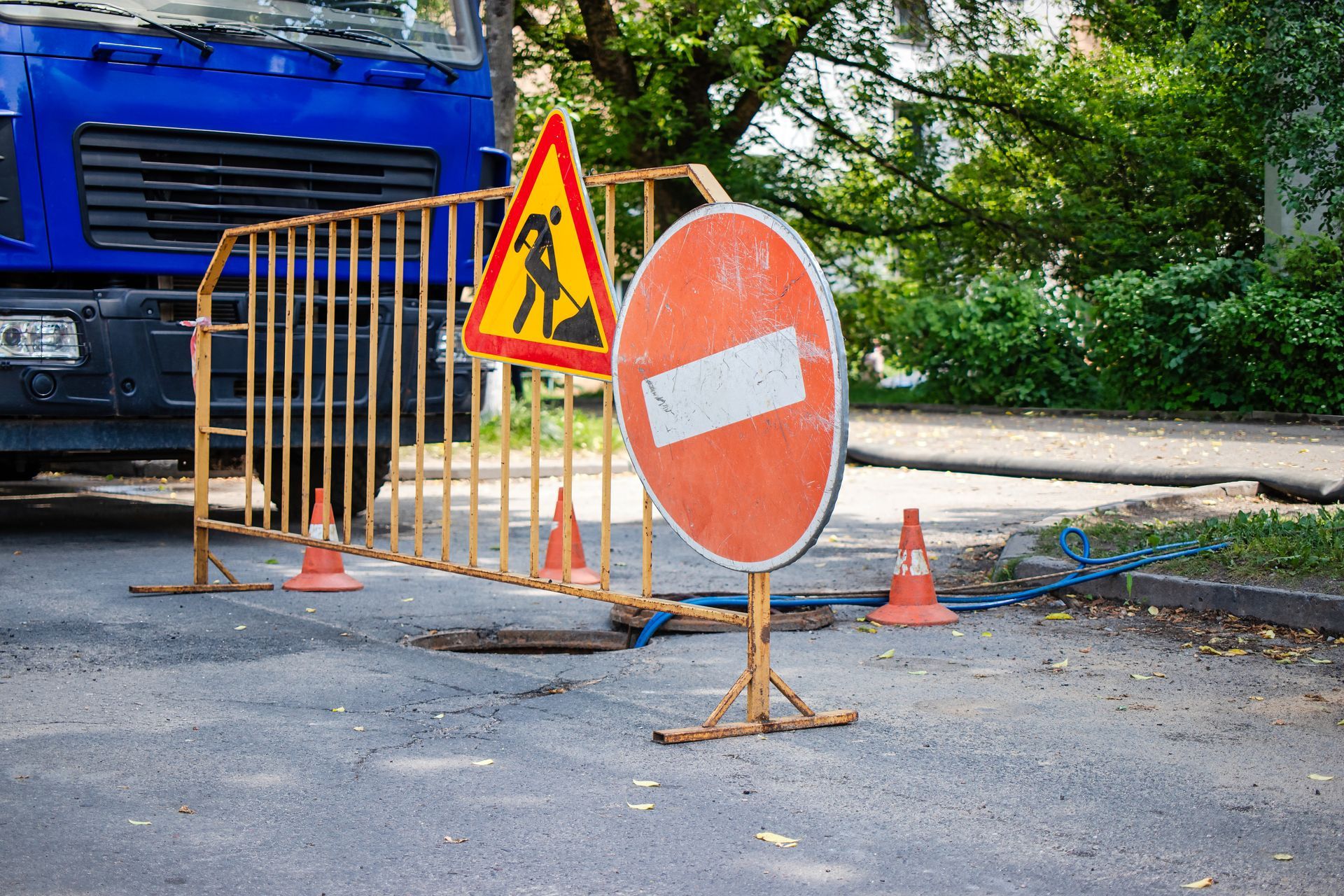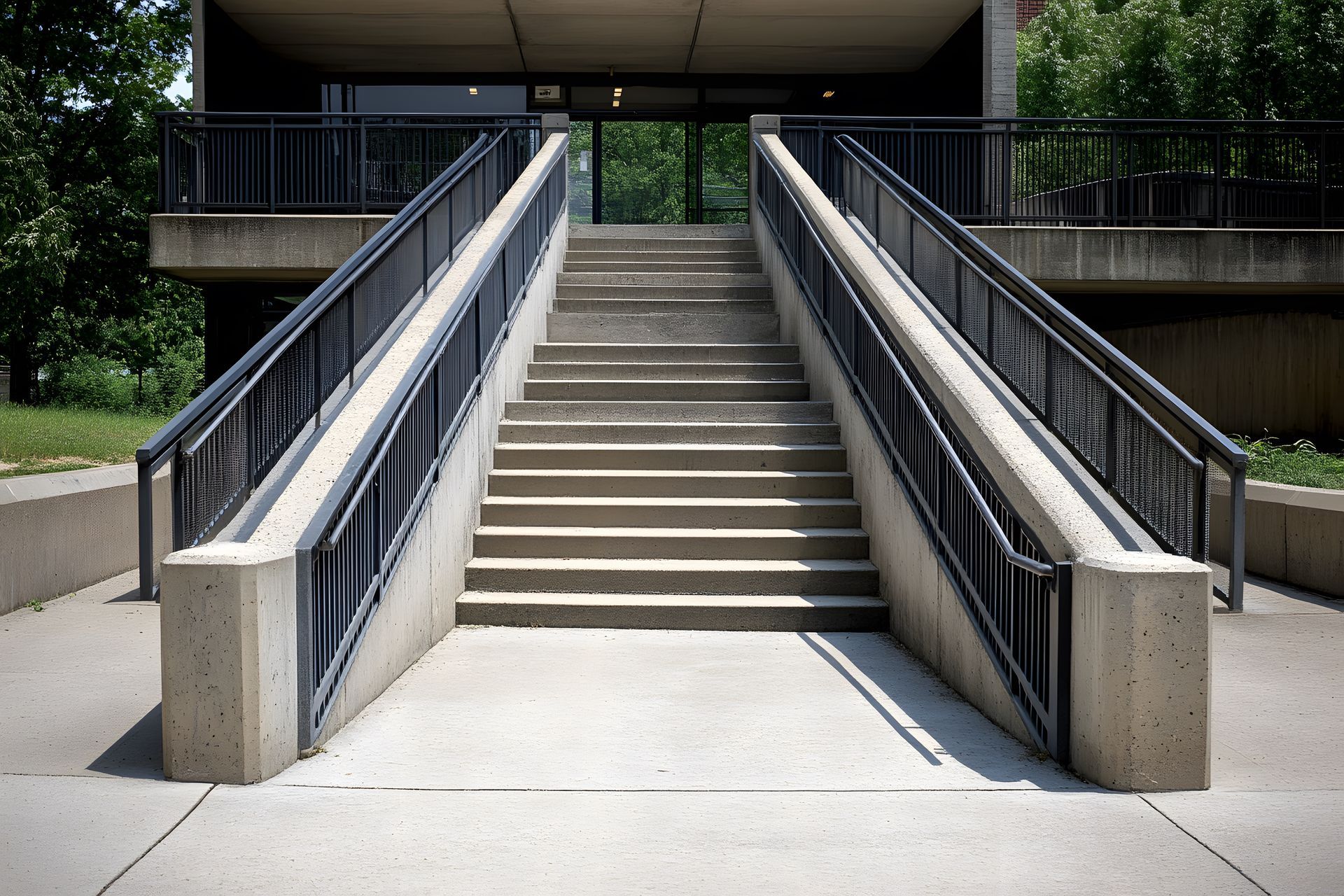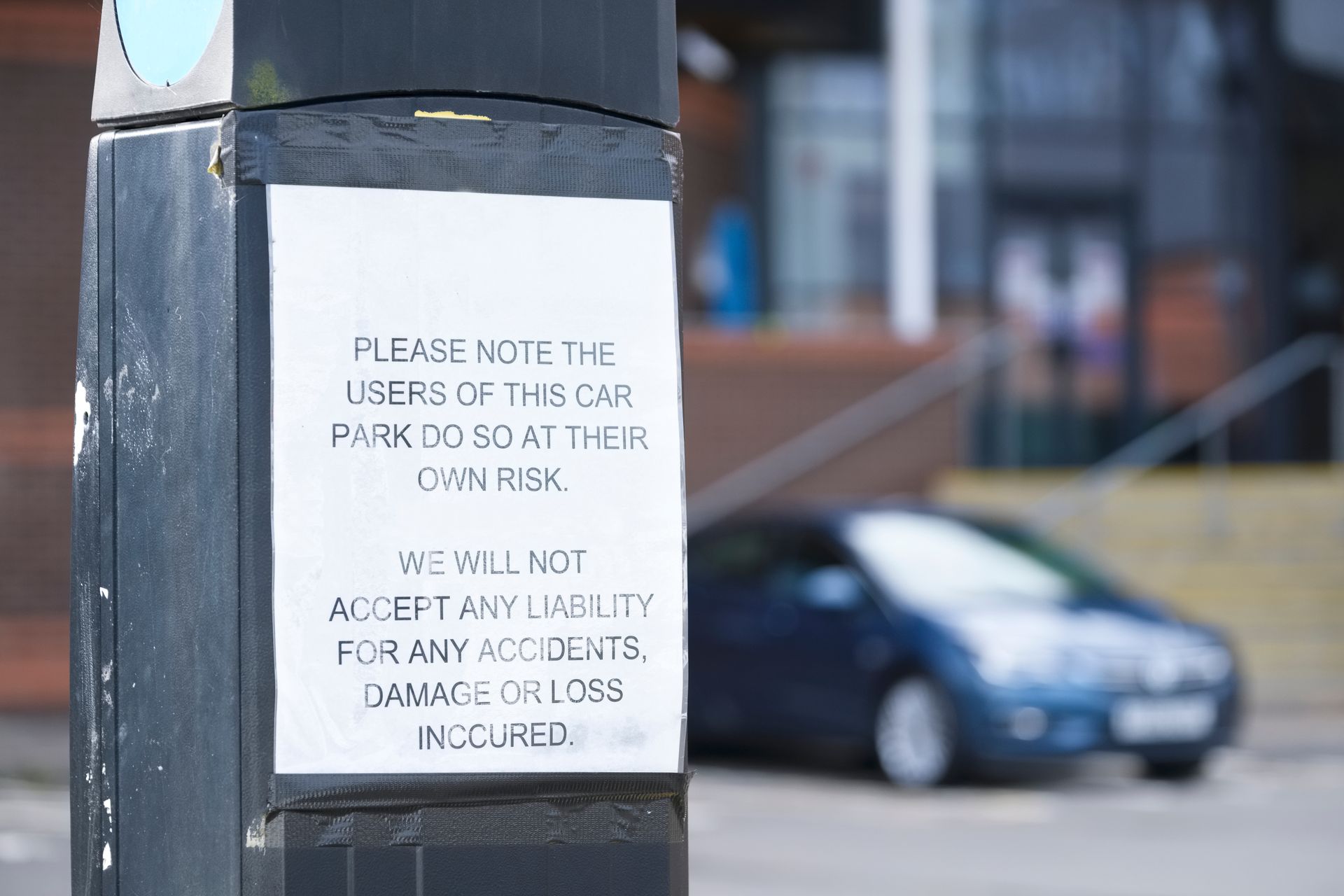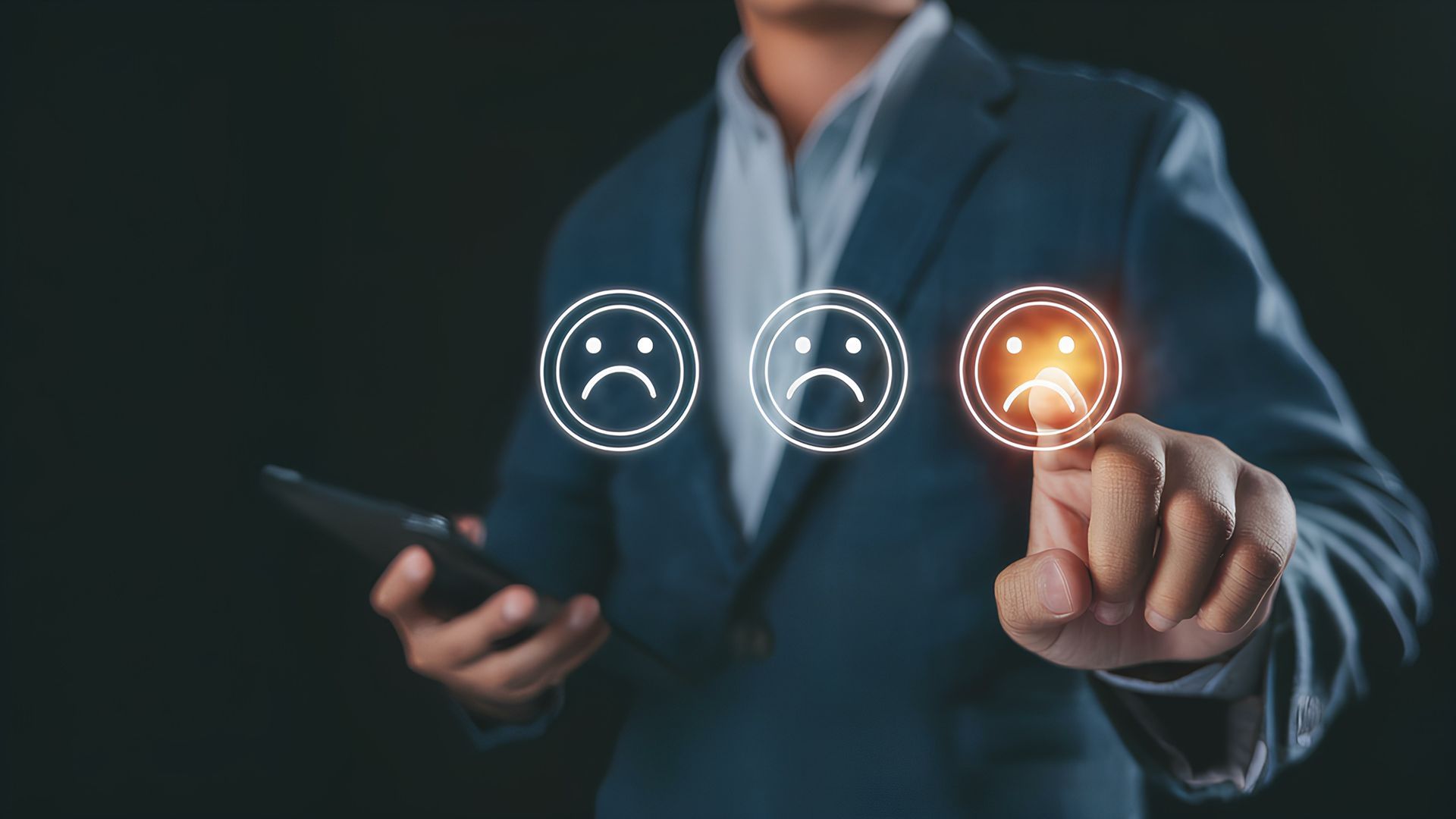Blog

Businesses in Atlanta face potential liability when customers or visitors are injured on their premises. However, Georgia law recognizes an important defense known as the ‘open and obvious’ doctrine. This legal principle can protect businesses from liability when a hazard is so apparent that a reasonable person would have noticed and avoided it.
What Is the ‘Open and Obvious’ Defense?
The ‘open and obvious’ doctrine argues that a business should not be held liable for injuries caused by hazards that any reasonable person would recognize and avoid. The rationale is that property owners are not responsible for warning about dangers that are clearly visible and easily avoidable. If a customer encounters an obvious hazard and chooses to proceed despite the risk, they may not be able to hold the business accountable for resulting injuries.
Examples of Open and Obvious Hazards
- A brightly colored ‘Wet Floor’ sign placed in front of a spill.
- A large pothole in a parking lot that is clearly visible in daylight.
- An ongoing construction area with visible barricades and warning signs.
- A staircase without a handrail that is clearly missing upon visual inspection.
- Icy sidewalks in freezing weather where the hazard is naturally expected.
When Can Businesses Use This Defense?
To successfully invoke the ‘open and obvious’ defense, businesses must establish that:
- The hazard was clearly visible and easily recognizable.
- A reasonable person would have taken steps to avoid it.
- The business did not create additional unreasonable risks beyond the obvious condition.
If these conditions are met, the business may not be liable for injuries sustained by individuals who disregarded the obvious danger.
Limitations and Challenges to the Defense
While the ‘open and obvious’ doctrine is a strong defense, it is not absolute. Courts will consider several factors when determining whether the defense applies, including:
- Distraction or Inattentiveness – If the injured party was distracted by something the business controlled (such as an obstructed view), the defense may not hold.
- Necessity of Encounter – If the hazard was unavoidable for a customer to access goods or services, a business may still bear responsibility.
- Business’s Knowledge of Prior Incidents – If a business was aware of repeated injuries caused by the hazard but failed to act, the defense may be weakened.
How Comparative Negligence Affects Liability
Even if a hazard is open and obvious, Georgia’s comparative negligence rule can further reduce a business’s liability. Under this rule, if an injured person is found partially responsible for their own injury, their ability to recover damages is reduced proportionally.
For example, if a customer trips over a clearly visible curb and is found 40 percent responsible for not paying attention, their potential compensation is reduced by that percentage. If their negligence outweighs the business’s negligence (over 50 percent), they may be barred from recovering any damages.
This legal principle reinforces the idea that customers must exercise reasonable care for their own safety, which can strengthen a business’s defense against liability claims.
Proactive Steps to Strengthen the ‘Open and Obvious’ Defense
While the ‘open and obvious’ defense is useful, businesses should take proactive measures to document hazards and reinforce their legal position. Installing security cameras can provide visual proof that a hazard was clearly visible at the time of an incident. Maintaining inspection logs can show that a business was regularly monitoring and addressing safety concerns.
Employees should be trained to identify potential risks and respond appropriately, such as placing warning signs and keeping walkways clear. Businesses that consistently address hazards and document their efforts are in a stronger position to defend against injury claims.
Differences Between Open and Obvious vs. Assumption of Risk
The ‘open and obvious’ doctrine and the ‘assumption of risk’ defense are similar but distinct legal concepts. The open and obvious defense applies when a hazard is so clearly visible that a reasonable person should have avoided it.
The assumption of risk defense applies when an individual knowingly engages in an inherently dangerous activity, such as attending a sporting event where foul balls are a known risk.
For example, if a customer walks across a wet floor with multiple warning signs and slips, the business may argue both defenses—first, that the hazard was obvious, and second, that the customer voluntarily assumed the risk by proceeding despite clear warnings.
Best Practices for Atlanta Businesses
While the ‘open and obvious’ defense can shield businesses from liability, owners should still take proactive measures to reduce the risk of legal disputes. These include:
- Ensuring hazards are truly visible and not hidden by poor lighting or obstructions.
- Using clear signage and barriers to alert customers to potential dangers.
- Regularly inspecting the premises to document and address hazardous conditions.
- Training employees to monitor and address safety risks before they lead to claims.
Learn About Defense Options for Your Business Liability Case
The ‘open and obvious’ hazard defense provides a valuable layer of protection for Atlanta businesses facing liability claims. However, it is not a guaranteed shield. If you want to learn about potential defense strategies for claims brought against your business, call the Law Office of Cameron Hawkins at 678-921-4225.











